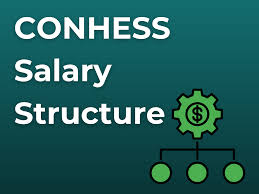A recent study published in the journal Neurology, affiliated with the American Academy of Neurology, revealed a correlation between sleep disturbances in one's 30s and 40s and potential cognitive issues later in life.
Over an 11-year period, researchers monitored the sleep patterns of 526 individuals. The participants wore wrist monitors for three consecutive days, spaced one year apart, and maintained a sleep diary detailing their bedtimes, wake times, and completed a sleep quality survey. This survey scored sleep quality on a scale from 0 to 21, higher scores indicating poorer sleep quality.
Additionally, the study evaluated the duration of nightly sleep and involved participants completing various memory and cognitive assessments.
The research categorized participants based on sleep quality, wherein 46% (239 individuals) reported poor sleep, defined as a sleep score greater than 5. The study explored factors such as sleep fragmentation (repetitive short interruptions of sleep), the percentage of time spent in movement, and the percentage of time inactive for one minute or less, combining these percentages to calculate an average sleep fragmentation score, which averaged around 19% for the participants.
After the study concluded, it was observed that among the 175 individuals with the most disrupted sleep, 44 exhibited poor cognitive performance a decade later compared to 10 out of 176 individuals with the least disrupted sleep. The researchers adjusted the data for age, gender, race, and education and found that those with the most disrupted sleep were more than twice as likely to have poor cognitive performance compared to those with the least disrupted sleep.
Moreover, there were no discernible differences in cognitive performance between the middle group and those with the least disrupted sleep. Interestingly, the duration of sleep and self-reported sleep quality did not show any significant associations with cognitive performance during middle age.




